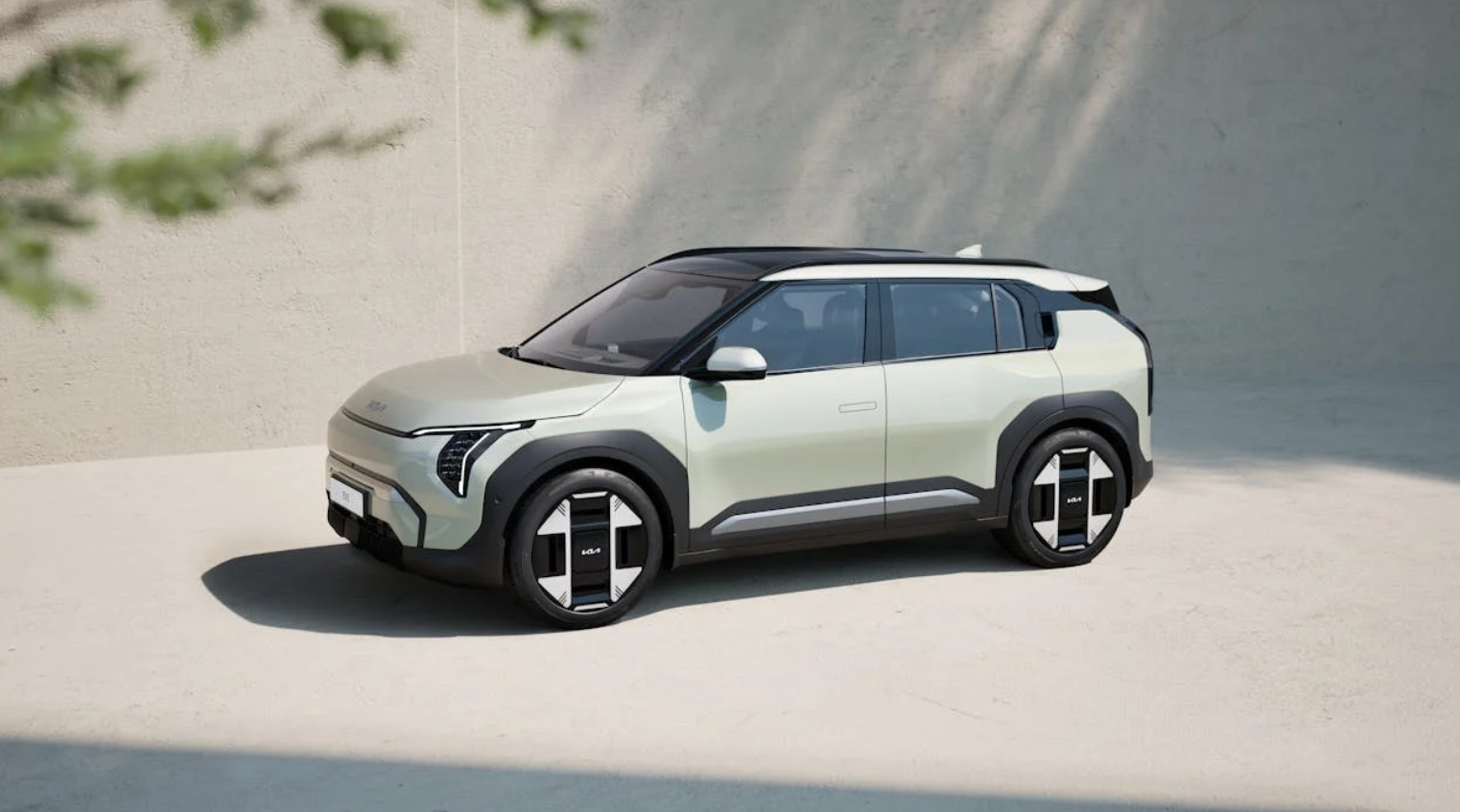
As you cruise through city streets, have you ever wondered what your car could be running on in the future? The green revolution is upon us and electric vehicles (EVs) have taken center stage here. However, EVs aren’t the only contenders in this race towards a more eco-friendly planet.
Recently, you’ll find that hydrogen-powered cars are also making a strong case in this green revolution. Hence, there are plenty of reasons why we need to see more of them on the road. Also, you’ll be interested to know that right now, Pennsylvania in the US might just be leading the charge in this hydrogen-powered future.
Whoever invented gas-driven cars probably never thought that these vehicles could one day run without leaving a trail of harmful CO2 emissions. After all, cars that don’t run on gas? Who on earth asked for them?
As it turns out, literally everyone on earth, who cares about the planet, wants cars to stop running on gas. Instead, they want zero-emission vehicles to dominate the streets without releasing CO2 into the atmosphere.
Hydrogen-powered vehicles – often called fuel cell electric vehicles or FCEVs – do just that.
Your traditional gasoline cars guzzle fuel and belch out pollution, but not hydrogen cars. These vehicles run on fuel cell tech that combines hydrogen and oxygen to produce electricity. The only by-product? Water vapor.
Hydrogen cars, compared to EVs, have their own special perks. For one, refueling is super quick, similar to what you’re used to with gasoline. Plus, they can go the distance—often much farther than many electric cars on a single fill-up.
We’ve heard the buzz around solar, wind, and even geothermal energy, but what about hydrogen? This underappreciated element is a heavyweight when it comes to potential. It’s the most abundant element in the universe, and when we harness it for fuel, the benefits are enormous.
Hydrogen isn’t just good for powering cars. It’s being eyed as the future of energy for industries, homes, and even entire cities. Right now though, transportation is where it can have a massive impact.
Switching to hydrogen-powered cars would mean dramatically reducing our dependence on fossil fuels and cutting down on the emissions that contribute to climate change. Plus, with advancements in technology, we’re seeing hydrogen production methods becoming greener, making the whole process even more sustainable.
If you’re someone who hates waiting, hydrogen cars might just be your new best friend.
Standard EVs often require you to plug in and wait for them to be charged up. Hydrogen-powered cars, however, can refuel at about the same time as a traditional gasoline vehicle. In just five minutes, you're back on the road, cruising towards your destination in your environment-friendly FCEV.
Hydrogen-powered cars are perfect for long-distance travel. You can rack up hundreds of miles on a single tank, making them a go-to choice for road trippers and commuters alike.
Think back to the early days of electric vehicles. Charging stations were few and far between, but now they’re popping up in grocery store parking lots, along highways, and even in apartment complexes. Hydrogen-powered vehicles are facing the same challenges.
That being said, hydrogen’s rise will likely follow a similar pattern. Before you know it, you’ll be able to refuel your hydrogen car as easily as you pump gas today. Besides, compared to the past, we now have more options for efficient hydrogen storage.
According to H2MOF, a safe and efficient hydrogen storage technology is a pre-requisite for realizing hydrogen as a clean fuel for the transportation sector. Solid-state hydrogen storage at low pressure and ambient temperature is a promising alternative to traditional storage methods, and will possibly support a wider adoption of the hydrogen economy.
Pennsylvania is on track to become a major player in producing clean-burning hydrogen. It’s a big win for those pushing to move industries away from fossil fuels and cut down on carbon emissions.
Last year, the Biden administration chose Pennsylvania to be part of not one, but two of seven hydrogen hubs in the country. These hubs are set to share $7 billion in federal funds to kick off commercial production.
In total, 16 states will be part of these regional hydrogen hubs, but Pennsylvania is the only one involved in two.
Given that it’s now part of such a massive project involving hydrogen, it’s only logical for Pennsylvania to lead the hydrogen revolution. Pennsylvania’s local government as well as consumers should consider buying more hydrogen cars. Given that they will have a proper hydrogen infrastructure earlier than many other states, the hydrogen revolution might as well start with Pennsylvania.
It’s time to give hydrogen the spotlight it deserves. While EVs have been the poster child for clean transportation, hydrogen-powered cars offer a promising solution that could revolutionize the way we drive. With their quick refuels, long driving range, and zero emissions, they’re a solid contender in the race toward greener transportation.
The world needs more hydrogen-powered cars. For instance, Japan, as of 2023, had around 7.47 thousand FCEVs. That’s a huge increase in numbers from less than 200 in 2015. However, more FCEVs need to be on the roads, especially in countries like the US where dependency on gas-powered cars is off the roof.
If all goes well, who knows, the next time you’re looking for a new car, you might be tempted to join the hydrogen revolution.